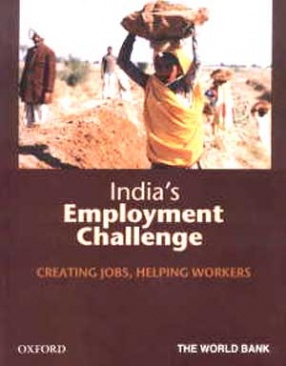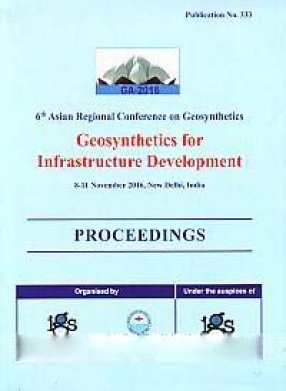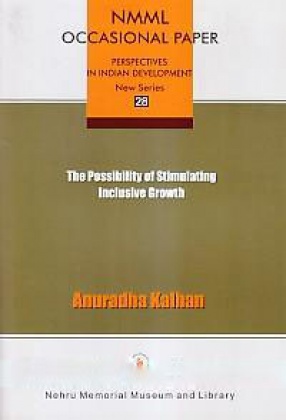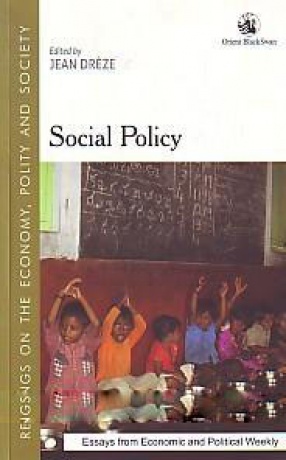As the Indian economy looks to grow further in the coming decades, it faces the key challenge of increasing the earnings of millions of workers who live in poverty, and also meeting the demand for jobs by new entrants to the labour force. Analysing trends and developments in the Indian labour market over the past two decades, this report finds that though labour market outcomes have been improving since the 1990s and job growth has been on the rise since 2000, unemployment and underemployment continue to be areas of concern. Examining detailed National Sample Survey and Census Data, it identifies three trends:
_ Increase in employment growth has been accompanied by a deceleration in the growth of wages and earnings.
_ Around 90 per cent of prime-aged persons remain employed in low productivity, informal sector jobs and,
_ The share of formal sector and manufacturing in total employment has remained low and strikingly unchanged.
Thus the need of the hour is to raise productivity and job quality in the informal sector; stimulate formal sector employment growth; and address persistent regional, gender and social disparities in labour market outcomes. The report also recommends regulatory reforms in order to remove barriers to the growth to both formal sector jobs and labour intensive manufacturing. These reforms must be complemented with effective and active labour market policies that can help workers, especially those in the informal sector, become more productive, obtain more protection against unemployment, and enhance skills.
India's Employment Challenge will be useful for policymakers and administrators, practitioners in the area of economic reforms and public policy, and institutions and research organizations working on labour and development issues. Students, scholars and researchers in economics and development studies, and those studying the Indian economy in particular will also find it informative.








There are no reviews yet.